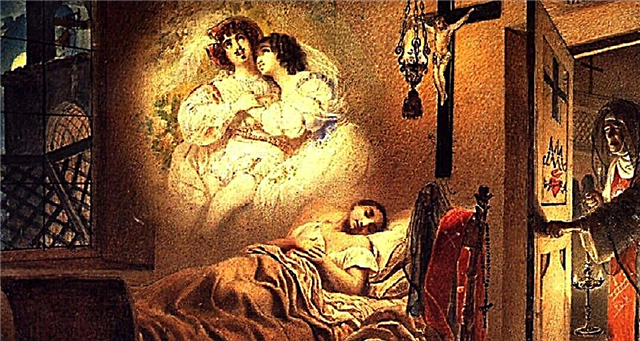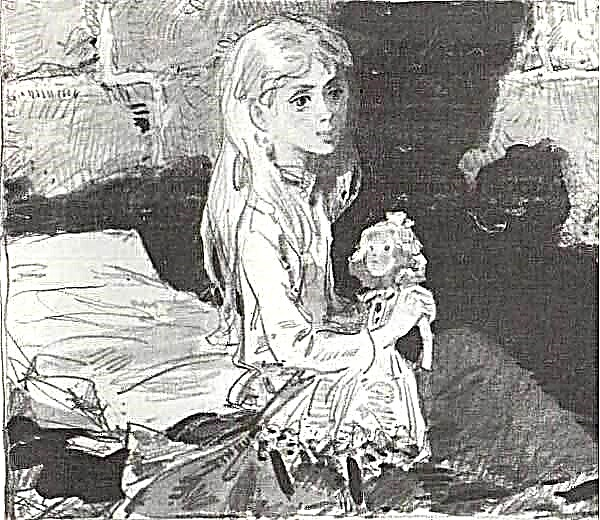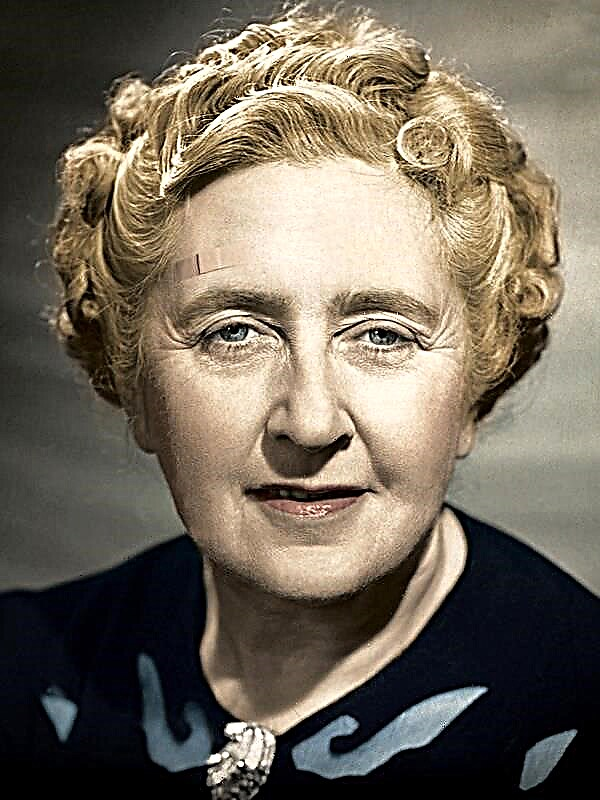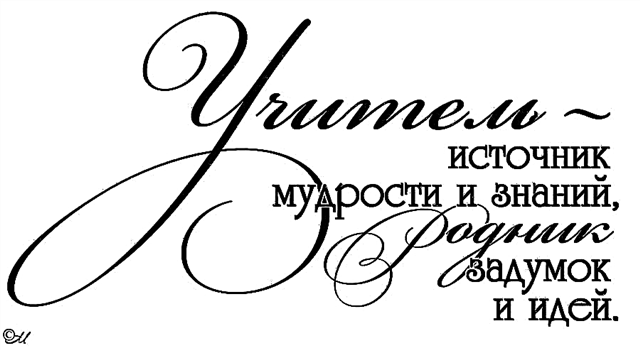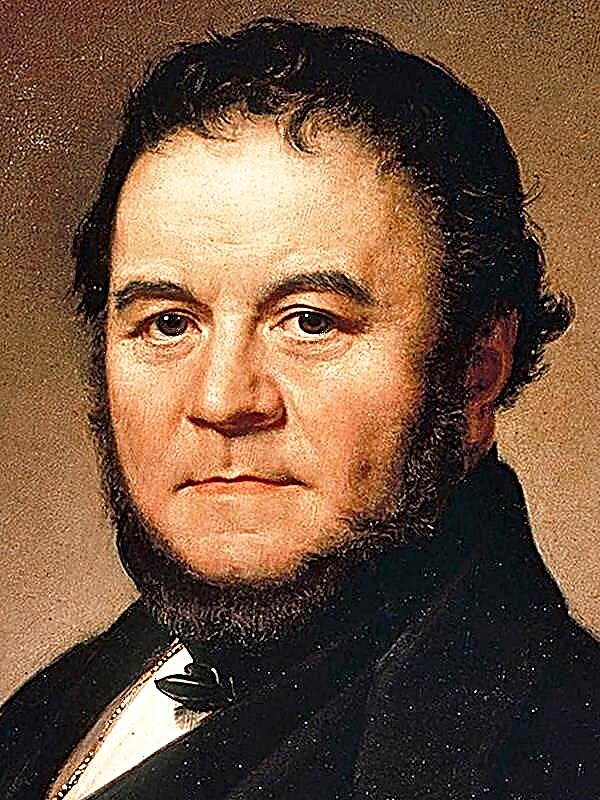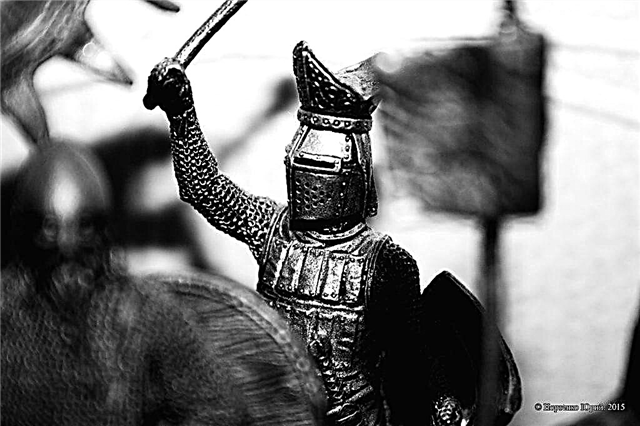Peasant family, 1910. Small farm Zagorje, located in the Smolensk province. Then Alexander Trifonovich Tvardovsky was born there.
Childhood and education
The child grew up in a family of ordinary workers: his father was a blacksmith by profession, and his mother came from a clan of the same class. Everyone in the house was literate people, and within its walls on cozy winter nights, mom or dad read the works of Lermontov, Pushkin, Gogol and other Russian classics for the whole family.
The most ordinary class in a rural school located in Lyakhov. Here little Alexander Trifonovich spent four years of school life. After studying in primary school, the child enters a nine-year gymnasium, which after some time closes. The required amount from the parents to pay for the study of their children in another educational institution was not.
Creative way
At the age of fourteen, the young Tvardovsky became a village correspondent, and two years later his poems were published in the socio-political newspaper Work Way. The next print publication, which published a selection of poems by the writer, was the youth weekly newspaper Young Comrade.
In 1928, the eighteen-year-old Twardowski made an attempt to find a job in Smolensk as a correspondent in the newspaper “Work Way”. But a high percentage of unemployed people, together with a lack of education, did not play in favor of the author. However, Alexander Trifonovich decided not to leave Smolensk, being content with a part-time job and small rewards for poems that are rarely published in the local press.
War
1939, 29-year-old Alexander Trifonovich is drafted into the Red Army, thereby changing the course of his life in a completely different direction - the author is at the epicenter of hostilities in Belarus, more precisely in its western part.
In 1941, he began working in the Voronezh print edition of the Red Army, and just at that time Twardowski wrote Vasily Terkin and also released a series of poems Frontline Chronicle. Also in 1941, Alexander Trifonovich took up the creation of the work “House by the Road”, which will be ready in 1946.
Success Story and Anti-Censorship
The war did not greatly affect the performance of Twardowski, he continues to intensively engage in writing in the years after this terrible event. 1950-1960, he works on the poem "Beyond the Dal - Far". Then the author works on the autobiographical lyric-journalistic work “By the Right of Memory”, which tells about the sad fate of Pope Alexander Trifonovich, who became a victim of collectivization. This poem was completed in 1969, but it became available to the reader only in 1987, until that time “By the Right of Memory” was censored and not published.
Speaking about the life and work of Twardowski, one cannot but mention his journalistic career. In 1950-1954 and 1958-1970, Alexander Trifonovich held the post of chief editor of the literary publication "New World". This period in his work can no doubt be called a period of struggle and constant clashes with censorship - the editor-in-chief very often defended the right to print for many promising authors. Among them were present such well-known surnames as Bunin, Solzhenitsyn, Molsaev, Zalygina, Akhmatova. After a short time, the magazine turned into opposition to the Soviet government: sixties poets were published who expressed directly anti-Stalinist thoughts. In 1970, Solzhenitsyn, under strong pressure from the government, resigned as editor-in-chief of the New World.
Death
The life of Alexander Trifonovich Twardowski ended on December 18, 1971 in the village of Krasnaya Pakhra, Moscow Region. The cause of death was lung cancer.
The surname of the writer is many streets in cities such as Voronezh, Smolensk, Moscow, Novosibirsk.

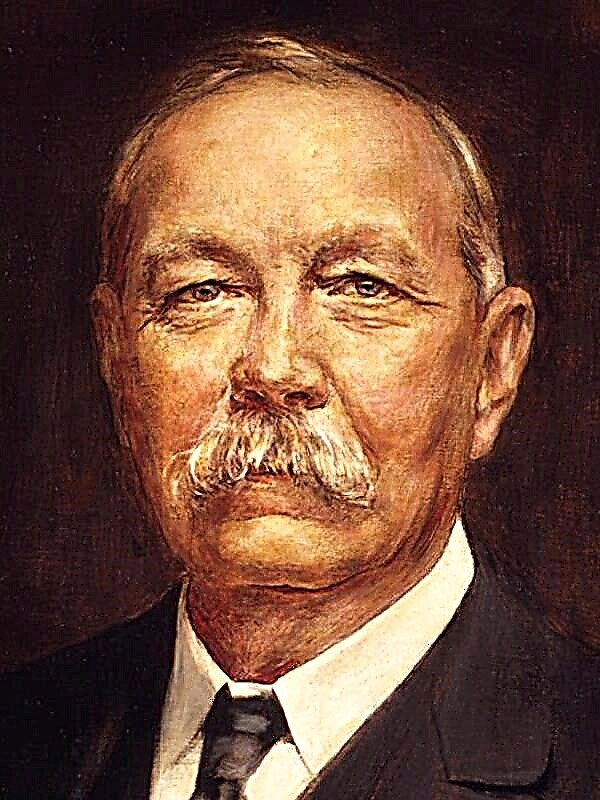
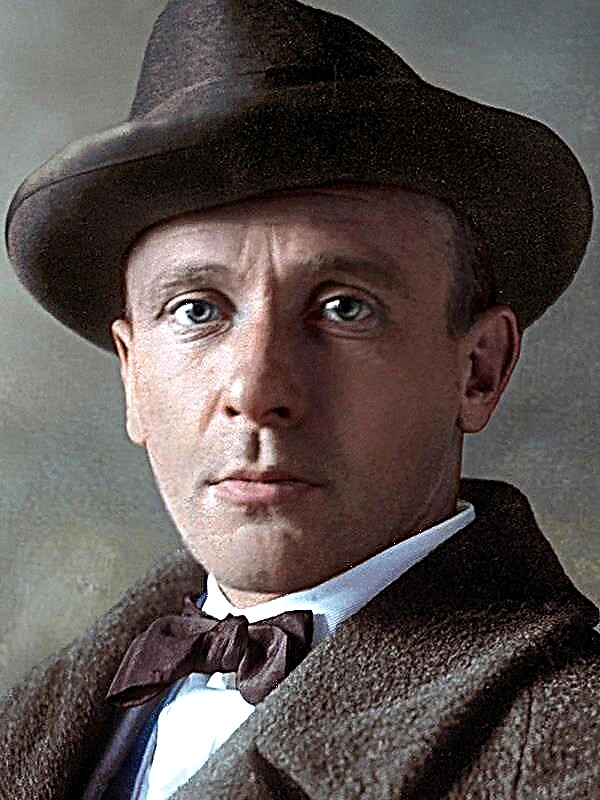

 Enchanted place
Enchanted place
